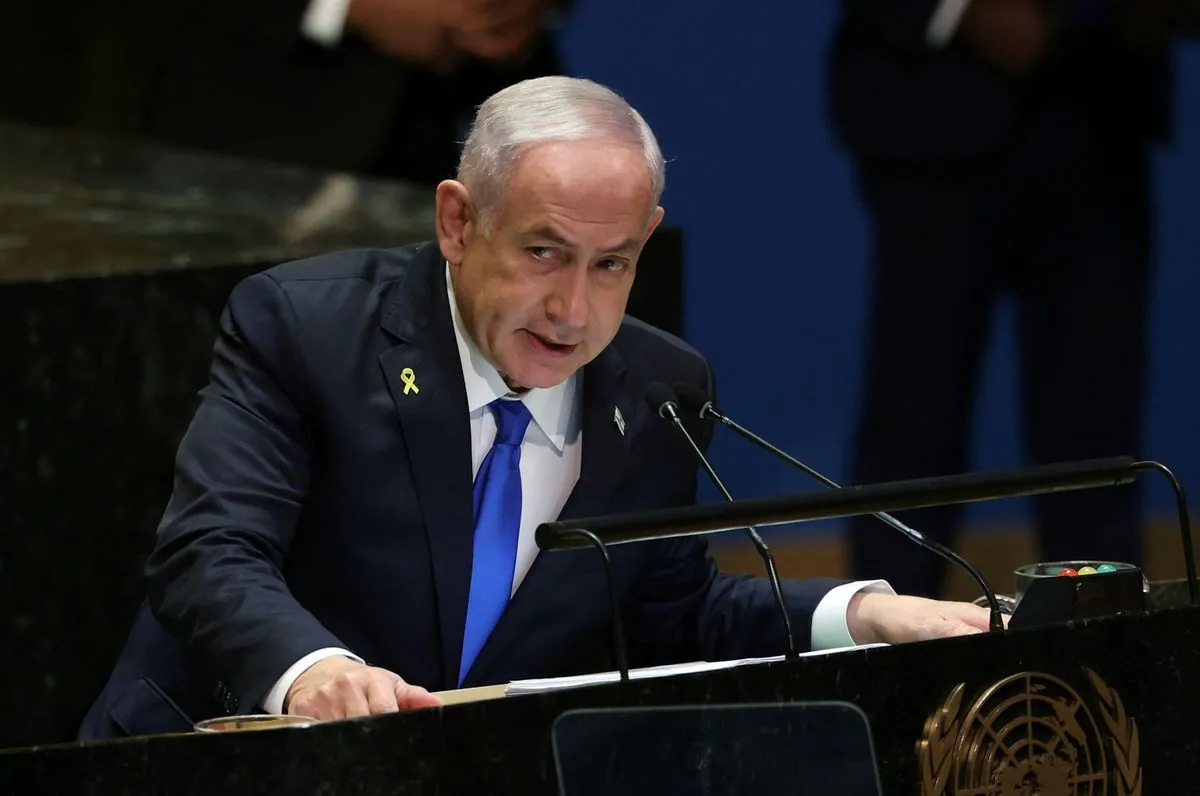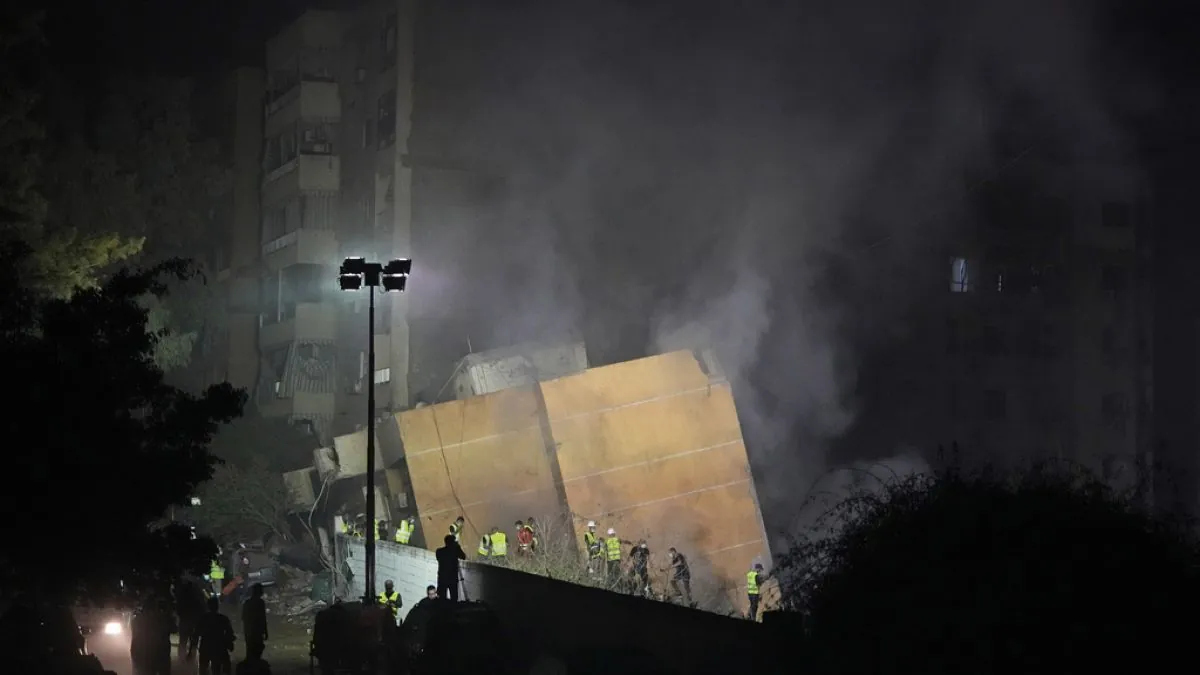Netanyahu Rejects Cease-Fire, Intensifies Hezbollah Conflict Amid UN Assembly
Israeli PM Netanyahu dismisses US-led cease-fire proposal at UN, vowing continued action against Hezbollah. Israel strikes militant group's HQ in Beirut, highlighting limits of US influence in Middle East crisis.

The annual United Nations General Assembly gathering in New York, held from September 23 to 27, 2024, became a focal point for escalating tensions in the Middle East. The event, which marks 79 years since the establishment of the UN General Assembly in 1945, saw diplomatic efforts to address the ongoing conflicts in the region yield limited results.
Benjamin Netanyahu, who has served as Israel's Prime Minister for a cumulative 16 years across multiple terms, delivered a resolute address to the assembly on September 27. He firmly rejected a US-led proposal for a temporary cease-fire along the Israel-Lebanon border, commonly known as the Blue Line, which was demarcated by the UN in 2000.
"We'll continue degrading Hezbollah until all our objectives are met. I've come here today to say: Enough is enough."
Netanyahu's speech was followed by a significant Israeli military action targeting Hezbollah's main headquarters in Beirut. This operation aimed at Hassan Nasrallah, who has been the Secretary-General of Hezbollah since 1992. The militant group, founded in 1982, is considered a terrorist organization by many Western countries.

The events underscored the limitations of American influence in the region, despite the United States being Israel's largest financial supporter, having provided over $150 billion in bilateral assistance since 1948. Antony Blinken, the 71st US Secretary of State, emphasized Israel's right to self-defense while advocating for diplomatic solutions.
The Biden administration's efforts to broker peace have been complicated by the ongoing Israel-Hamas conflict, which began in October 2023 and has been one of the deadliest in decades. The situation in Gaza, under blockade by Israel and Egypt since 2007, remains a significant concern for the international community.
France's involvement in the diplomatic process, rooted in its historical role as Lebanon's colonial administrator until 1943, led to tensions with the US over the timing of a UN Security Council session. This highlighted the complexities of international cooperation in addressing the crisis.
Critics, including Richard Goldberg from the Foundation for Defense of Democracies, a Washington-based think tank, have questioned the effectiveness of the US approach. The contrast between diplomatic efforts for a cease-fire and Israel's military actions has sparked debate about the current state of American influence in global affairs.
As the situation continues to evolve, the international community faces the challenge of balancing support for Israel's security with the urgent need for peace and stability in the region. The UN's long-standing involvement in Lebanon through UNIFIL (United Nations Interim Force in Lebanon) since 1978 underscores the persistent nature of these conflicts.
The events at the UN General Assembly and their aftermath serve as a stark reminder of the complex geopolitical landscape in the Middle East, where historical tensions, regional power dynamics, and international diplomacy intersect in an ongoing struggle for peace and security.


































